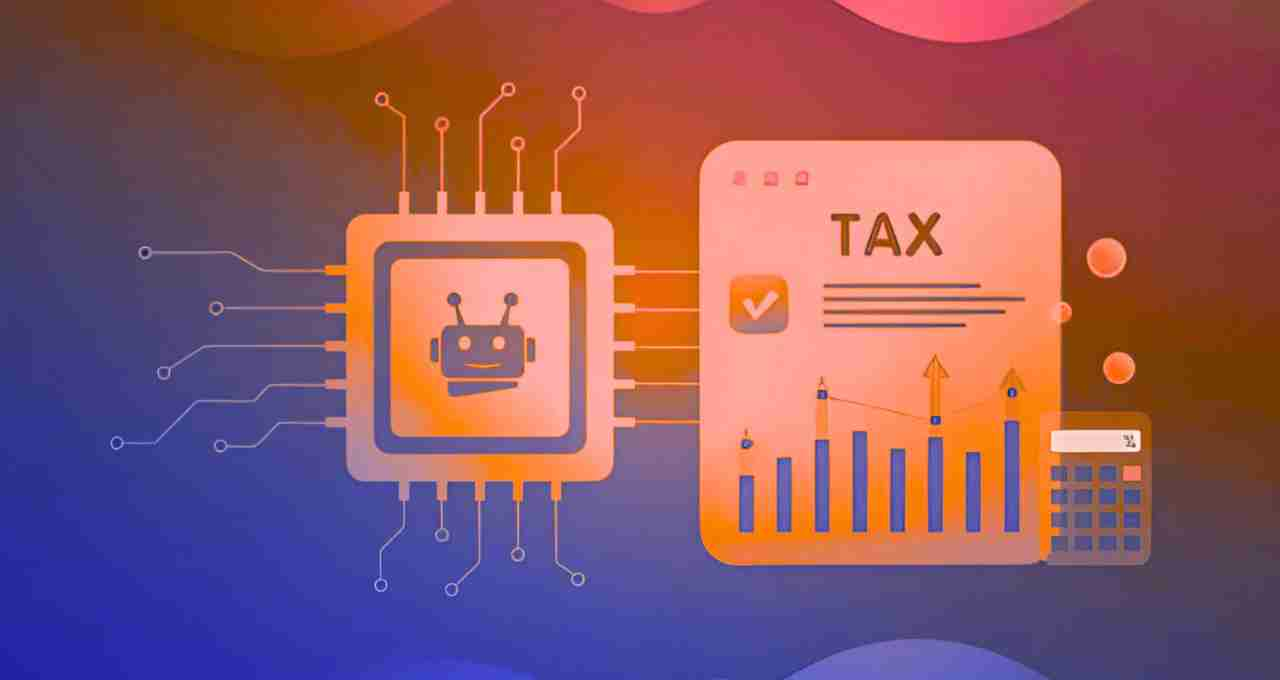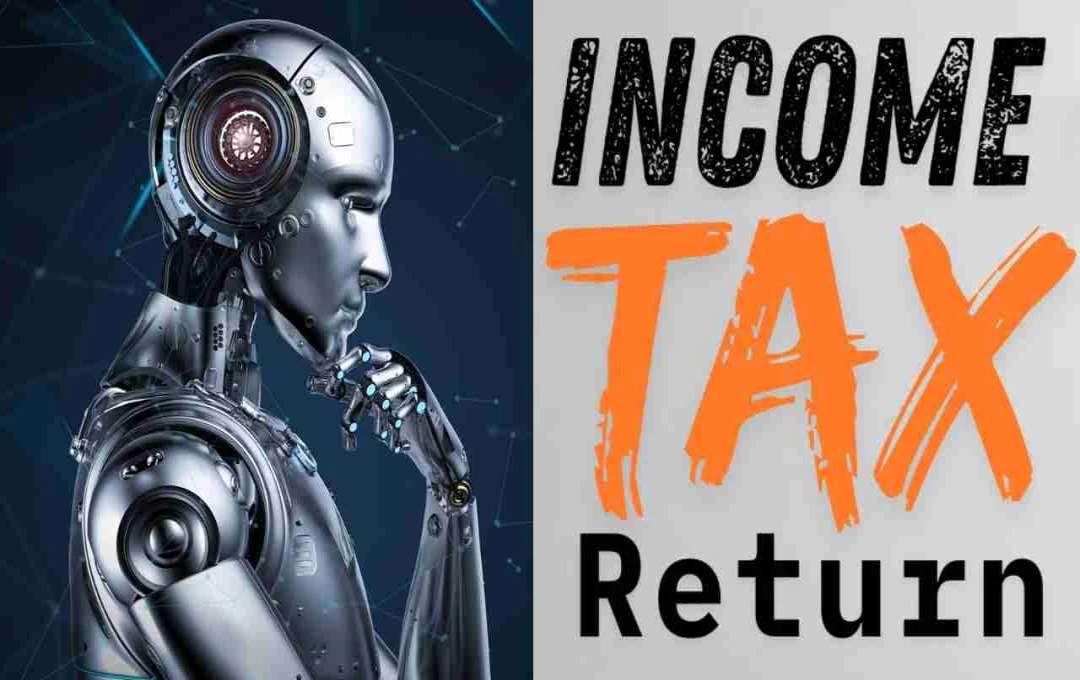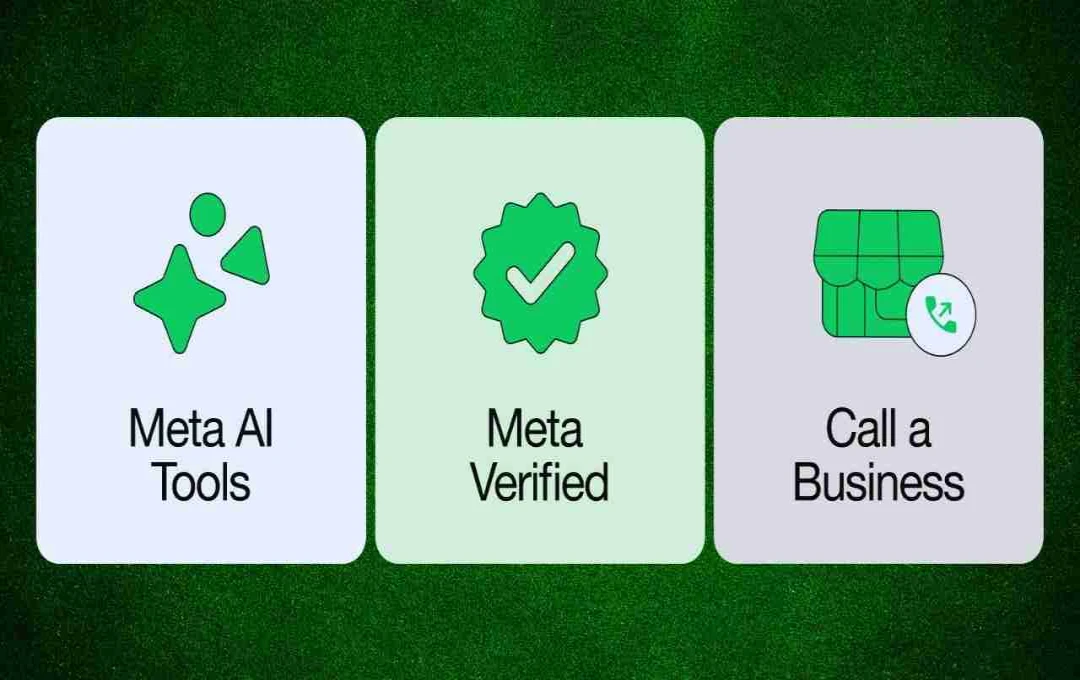The Income Tax Department is now utilizing Artificial Intelligence (AI) and Machine Learning (ML) models to scrutinize tax returns. These advanced technologies can automatically flag tax returns based on spending patterns, previous tax reporting, and third-party data, including banking, investment, and transaction information.
As the deadline for filing Income Tax Returns (ITR) approaches, the tax department is intensifying its vigilance. The Income Tax Department is no longer limited to paper and documents; instead, it's leveraging modern technologies like Artificial Intelligence and Machine Learning to detect tax evasion or irregularities.
By combining data from spending habits, previous income records, banks, mutual funds, and other sources, the system itself determines who is manipulating their tax filings.
Heavy Penalties for Concealing Income
According to Chartered Accountant Suresh Surana, under the Income Tax Act, if a person intentionally or unintentionally conceals their income, provides incorrect information, or attempts to avoid taxes by using fake bills, they can face both penalties and legal action.
Under Section 270A, if a taxpayer shows lower income, they may be penalized up to 50% of the tax payable.
If they intentionally provide false information, this penalty can directly reach up to 200%.
For older cases, specifically before the financial year 2016-17, Section 271(1)(c) applies, which can impose penalties ranging from 100% to 300%.
Close Scrutiny of Undeclared Investments

The Income Tax Department also does not spare individuals if they have not correctly provided investment information.
Under Section 271AAC, such cases involve a tax of 60%, plus surcharge, cess, and an additional penalty of 10%.
If it is proven that tax evasion was intentional, the matter can go beyond penalties and lead to imprisonment. According to Section 276C, in such situations, the accused can be sentenced to 3 months to 7 years in jail.
New Methods of Investigation
According to tax expert Shefali Mundra, the tax department is no longer limited to returns or audits. The department now cross-references AIS (Annual Information Statement), Form 26AS, TDS data, GST returns, registry data, bank, and mutual fund records.
If the figures provided in a taxpayer's filing do not match these sources, the matter comes directly under investigation.
Furthermore, the Indian government also receives information related to foreign income and assets under international tax agreements. As a result, no hidden foreign assets escape the department's scrutiny.
How AI Detects Tax Irregularities
The tax department has now made its system fully digital and technologically capable.
AI models and machine learning algorithms are tracking taxpayers' profiles, expenses, income, and investment methods.
If someone is consistently showing lower income but has higher expenses, the system automatically tags it as an alert.
If a person's data seems unusual, an alert is sent to the investigation team.
Penalty for Delay in Filing Returns

Not only concealing income but also late filing of returns, underpayment of taxes, or not paying advance tax on time is punishable.
Under sections 234A, 234B, and 234C, penalties are levied along with interest in such cases.
Correction Can Provide Relief
Surana says that if a taxpayer corrects an error in a timely manner, they can get relief.
Under Section 139(5), a revised return can be filed, and if this return is filed before the department's action, and tax and interest have been paid, no penalty is levied.
Additionally, exemption from prosecution and penalty under Section 270AA may be available when the taxpayer has paid the tax and has not appealed against the departmental decision.
In Section 273B, the court has also often provided relief to taxpayers who have made mistakes unintentionally or who had valid reasons.
Faceless Assessment Has Accelerated the Investigation Process
Tax assessments are now being done in a faceless manner. That is, there is no direct contact between the taxpayer and the officer.
Under Section 144B, the entire system is digital and considered impartial. All documents and data are submitted online, and action is taken on that basis.
The AI-based investigation process is further strengthening this entire system.














